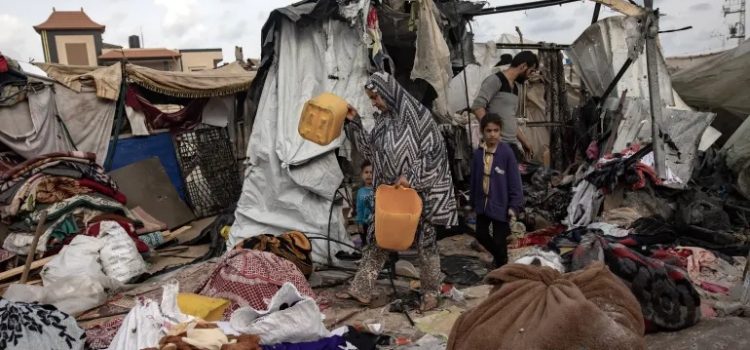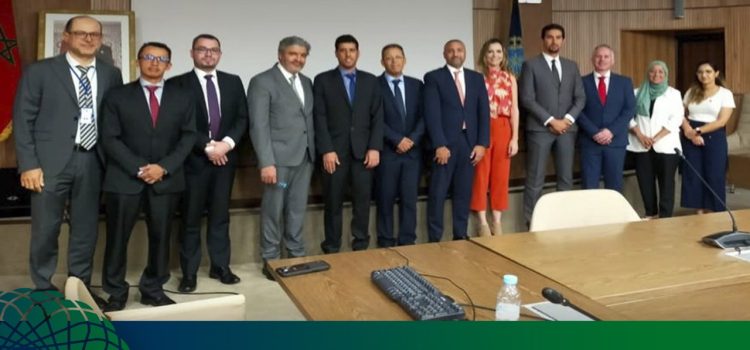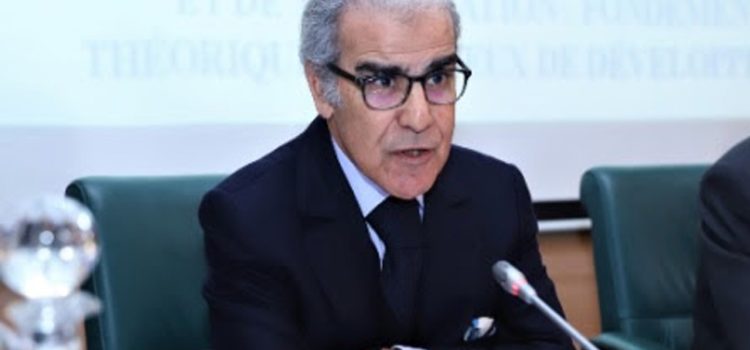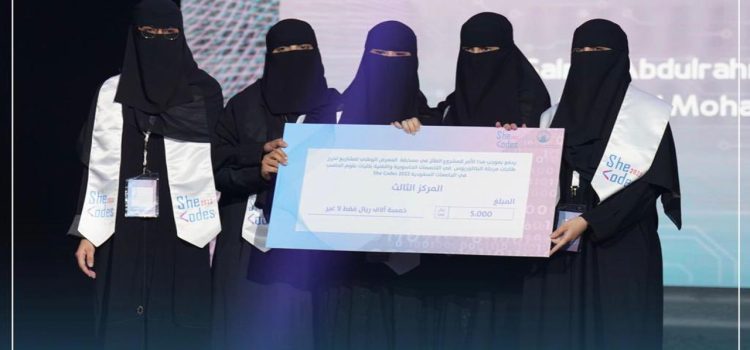
People across the globe and in the Arab world are utilizing cryptocurrencies to help those in dire need in Gaza, whether it is utilizing “Care for Gaza” or the “International Rescue Committee” supported by ENS or even UNRWA.
On May 15th, over $20,000 USD was raised through crypto donations by @RESCUEorg better known as the International Rescue Committee (IRC) to deliver humanitarian aid in Gaza. This was done with the support of ENS the most widely integrated blockchain naming standard.
On X, ENS stated, “We’re proud to announce that ENS is supporting the International Rescue Committee.”
According to ENS, “This collaboration represents a significant step in leveraging blockchain technology for social good. To help and make an impact: donate with irc.eth.”
It’s important to note that the IRC itself doesn’t directly accept cryptocurrency donations. As per their website, the IRC protects itself from crypto volatility by engaging with partners (endaoment.org & every.org) who accept crypto on its behalf, settling cryptocurrency into FIAT currency which is then provided to the IRC in a compliant manner. The IRC currently does not directly accept cryptocurrency via its website and owned channels.
The IRC partners with Endaoment and Every.org. These platforms convert crypto donations into fiat currency (traditional money) before providing it to the IRC.
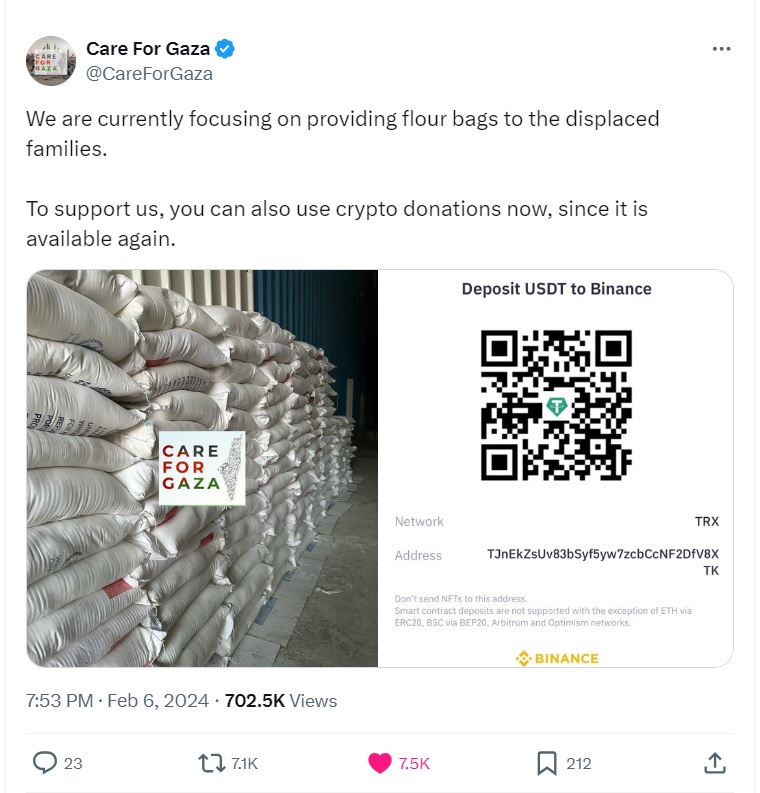
But IRC is not the only one accepting crypto payments to help Gaza. Care for Gaza noted in an X post, that Egyptians can now support them using Vodafone Cash. Earlier Care for Gaza also noted that individuals could pay in crypto as they were raising funds for flour. They noted, “We are currently focusing on providing flour bags to the displaced families.
Even UNRWA is accepting crypto donations to https://unrwausa.org/crypto
OXFAM US is also accepting crypto to help the people of Gaza. On their website they stated, “We accept Bitcoin and a wide variety of cryptocurrencies through The Giving Block, a platform that processes crypto donations for nonprofits. Use the widget above to make your donation: Under “Select Your Crypto” select the type of crypto to donate from the dropdown. Enter your donation amount in the crypto of your choice or USD. Fill out your name and address (optional), and enter an email address where you would like to receive a tax receipt.
They add as well that “Cryptocurrency donations will be automatically converted to dollars for immediate use to support communities around the world.”
Oxfam’s UnBlocked Cash project (UBC) is a blockchain-powered cash transfer solution that is set to tackle this challenge. It is saving costs of distributing aid, reducing delivery times, and bringing more transparency and accountability in the process. It offers an opportunity to improve how aid is delivered without compromising the dignity of beneficiaries.
This need for aid donations has become more pressing with the Israeli onslaught in Rafah. On May 28th, The International Rescue Committee (IRC) in a blog post stated “We horrified by the multiple Israeli air strikes and bombardment that have so far killed at least 60 Palestinians and injured dozens more, including women and children, in Rafah. These attacks have resulted in the largest number of casualties since the Rafah incursion began and they come a few days after the International Court of Justice ordered Israel to stop its offensive on the city. These devastating attacks occurred on Sunday night, in an area housing displaced people where tents caught fire, with a further attack today in a supposed safe zone.”
Kiryn Lanning, IRC’s Team Lead in the occupied Palestinian territory (oPt), said, “We are deeply outraged by the tragic loss of civilian life as the Israeli incursion into Rafah intensifies. These incidents reaffirm our repeated warnings that no place and nobody is safe in Gaza. Camps housing displaced people must never be targeted. The reports from the ground are extremely disturbing – with people trapped in the fire and burning tents.
“There was not a single evacuation order for these attacks given to civilians that have sought shelter in Rafah after being displaced from other parts of Gaza. The targeting of so-called safe zones, densely populated with displaced civilians, is a violation of International Humanitarian Law and completely unjustifiable. The high concentration of civilians in these zones makes it impossible to avoid significant collateral damage and high mortality rates during military offensives, even with precision targeting.
As if bombardment was not enough, The United Nations Relief and Works Agency (UNRWA) has suspended food distributions in Rafah due to shortages. Only ten bakeries remain operational in Gaza but are imperiled and may soon run out of cooking fuel. The WHO Director General has called the situation “beyond catastrophic.”
In March 2024 UAE announced that it would allow Bitcoin and crypto donations to specified entities during Ramadan.
If blockchain and crypto was ever needed it is needed today and can be used, not only to make sure that donations reach Gaza but also make sure that these donations are tracked transparently.








